Best Japanese movies to watch
Explore a curated list of the best Japanese films, from animated masterpieces to samurai epics and modern dramas. Discover cinematic gems that have captivated audiences worldwide.

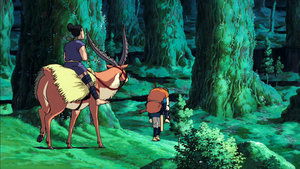
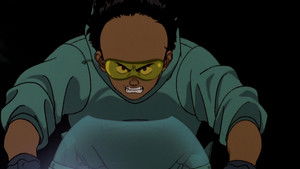
Japanese cinema offers a rich tapestry of storytelling, spanning genres and generations. From the groundbreaking animation of Studio Ghibli, like Spirited Away and Princess Mononoke, which have enchanted millions with their imaginative worlds and complex characters, to the gritty, influential cyberpunk of Akira, Japanese animation has a global impact.
Beyond anime, the legacy of masters like Akira Kurosawa is undeniable. Films such as Seven Samurai and Rashomon redefined filmmaking techniques and continue to inspire directors today. These historical epics, alongside poignant dramas like Yasujirō Ozu's Tokyo Story, offer profound insights into Japanese culture and the human condition. Modern Japanese cinema continues to push boundaries, with critically acclaimed films like Shoplifters demonstrating the country's enduring cinematic prowess. Whether you're a seasoned film buff or new to Japanese cinema, there's a wealth of incredible stories waiting to be discovered.
14. Kagemusha (1980)
Akira Kurosawa's "Kagemusha" is a visually spectacular historical epic set in Sengoku-era Japan. The title translates to "Shadow Warrior," referring to a petty thief who is trained to impersonate a powerful warlord to deceive his enemies after the warlord's death.
Commissioned partly due to the support of Western admirers like Francis Ford Coppola and George Lucas (who served as executive producers on the international version), the film is known for its stunning use of color and grand battle sequences. It won the Palme d'Or at the Cannes Film Festival. While perhaps less iconic than "Seven Samurai" or "Rashomon," "Kagemusha" is a compelling drama about identity, power, and deception, showcasing Kurosawa's mastery of the historical epic.

13. The Wind Rises (2013)
Hayao Miyazaki's "The Wind Rises" is a beautiful and elegiac biographical drama, marking his final feature film before his brief retirement. The movie tells the story of Jiro Horikoshi, the chief engineer of Japanese fighter planes during World War II, focusing on his passion for aviation and engineering.
Unlike many of Miyazaki's fantasy-driven films, "The Wind Rises" is a more grounded, historical drama, yet it still features his signature artistry and emotional depth. The film offers a nuanced look at the intersection of dreams, innovation, and the complex realities of history. It was nominated for the Academy Award for Best Animated Feature and received widespread critical acclaim for its stunning animation and mature storytelling.

12. Battle Royale (2000)
Kinji Fukasaku's "Battle Royale" is a controversial and intensely impactful film that sparked global debate upon its release. In a dystopian near-future Japan, a group of junior high school students are sent to a remote island and forced to fight to the death until only one survivor remains.
Based on the novel by Koushun Takami, the film is a brutal allegory about societal pressure, youth rebellion, and the extremes of survival. Despite being banned or heavily restricted in several countries, its raw energy and provocative premise gained it a massive cult following and influenced numerous works in various media, including the Hunger Games series. It's a visceral and thought-provoking, albeit violent, examination of human nature under extreme circumstances.

11. Harakiri (1962)
Masaki Kobayashi's "Harakiri" is a visually stunning and powerful jidaigeki (period drama) that is far more than just a samurai film. Set in the Edo period, the story follows a ronin who arrives at a feudal lord's manor requesting to commit ritual suicide on the premises, weaving a tale of injustice, honor, and betrayal.
Known for its stark cinematography, deliberate pacing, and unflinching critique of the samurai code and feudal system, "Harakiri" is a masterpiece of Japanese cinema. It won the Special Jury Prize at the Cannes Film Festival and is widely considered one of the best samurai films ever made. The film's dramatic tension and moral complexity make it a compelling watch that stays with you long after the credits roll.

10. Departures (2008)
Yojiro Takita's "Departures" is a truly touching and contemplative film that won the Academy Award for Best Foreign Language Film. The story follows a young cellist who, after his orchestra disbands, finds work as a 'nokan-shi' – a traditional Japanese encoffiner who prepares bodies for cremation.
The film beautifully explores themes of life, death, grief, and the importance of ritual and dignity. It was a surprise hit both critically and commercially, resonating with audiences worldwide for its sensitive handling of a subject often considered taboo. The film's success brought attention to the often-unseen profession of encoffining and its profound significance in Japanese culture.
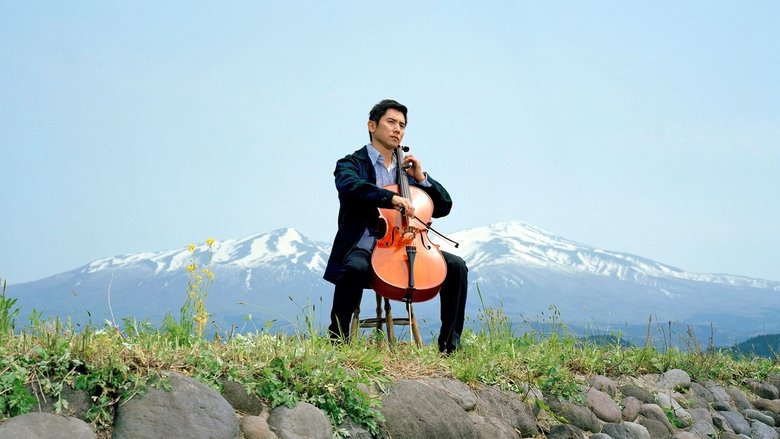
9. Shoplifters (2018)
Hirokazu Kore-eda's "Shoplifters" is a poignant and deeply empathetic drama that earned the prestigious Palme d'Or at the Cannes Film Festival. The film centers on a makeshift family living on the fringes of Tokyo society, relying on shoplifting to make ends meet. Their lives are complicated when they take in a young girl they find abandoned.
Kore-eda is known for his sensitive portrayals of family dynamics, and "Shoplifters" is a prime example, exploring unconventional bonds and the complexities of poverty and love. The film's success brought Kore-eda significant international recognition and solidified his reputation as a master of contemporary Japanese cinema. It's a film that challenges conventional notions of family and morality, offering a nuanced and moving portrait of its characters.
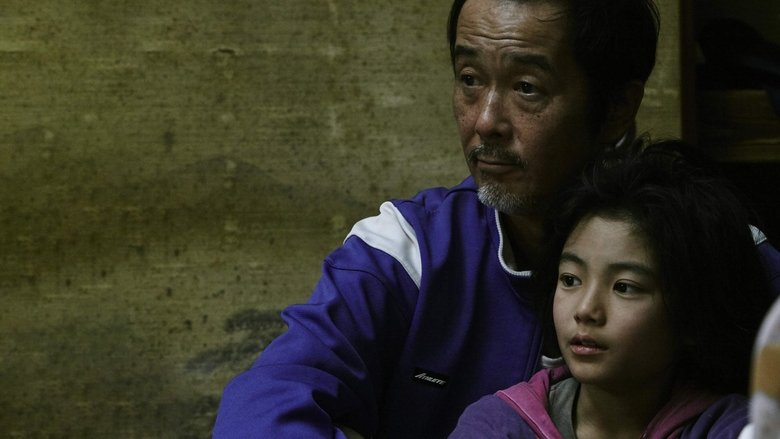
8. Tokyo Story (1953)
Yasujiro Ozu's "Tokyo Story" is a quiet, contemplative drama that is widely regarded as one of the greatest films ever made. The story follows an elderly couple who travel to Tokyo to visit their children, only to find them too busy to spend much time with them.
Ozu's signature style, characterized by low camera angles (often referred to as 'tatami shots') and a gentle, observational pace, perfectly captures the subtle dynamics of family relationships and the inevitable passage of time. The film wasn't initially a major hit in Japan but gained international acclaim over the years, particularly after being championed by Western critics. It's a deeply human and poignant reflection on aging, family duty, and the changing face of society.
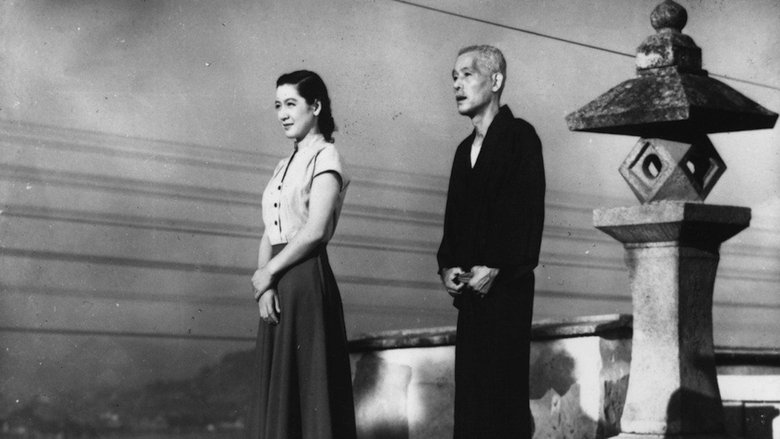
7. Grave of the Fireflies (1988)
Isao Takahata's "Grave of the Fireflies" is a profoundly moving and heartbreaking masterpiece from Studio Ghibli. Set during the final months of World War II, the film follows two young siblings, Seita and Setsuko, as they struggle to survive after their mother is killed in a firebombing raid.
Based on Akiyuki Nosaka's semi-autobiographical novel, the film is renowned for its unflinching and poignant portrayal of the human cost of war, particularly on children. Despite its difficult subject matter, the film is beautifully animated and captures moments of fleeting joy and resilience amidst immense hardship. It's a powerful and essential film, often cited as one of the greatest war films ever made, though be prepared for a deeply emotional experience.

6. Rashomon (1950)
Akira Kurosawa's "Rashomon" is a cinematic puzzle box that revolutionized narrative structure. Set in 12th-century Japan, the film recounts the story of a samurai's murder and the assault of his wife through the conflicting testimonies of four different witnesses: a bandit, the wife, the samurai's spirit (via a medium), and a woodcutter.
The film's innovative use of presenting multiple, contradictory perspectives on a single event was so impactful it gave rise to the term 'the Rashomon effect,' referring to the unreliability of eyewitness accounts. Winning the Golden Lion at the Venice Film Festival and an honorary Academy Award, "Rashomon" was instrumental in introducing Japanese cinema to the Western world. It's a fascinating exploration of truth, perception, and human nature.
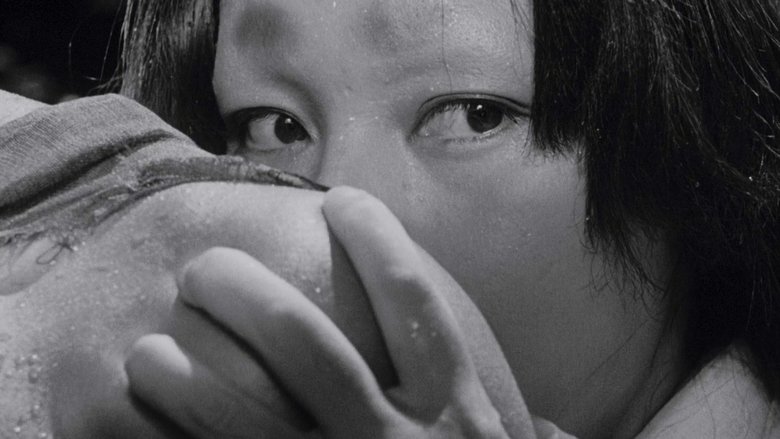
5. Akira (1988)
Dive headfirst into the cyberpunk chaos of Neo-Tokyo with Katsuhiro Otomo's groundbreaking anime classic, "Akira." Set in a futuristic, post-apocalyptic city, the film follows biker gang leader Kaneda as he navigates a world of government conspiracies, psychic powers, and societal unrest after his friend Tetsuo develops terrifying abilities.
Released in 1988, "Akira" was a monumental achievement in animation, known for its incredible detail, fluid motion, and complex narrative. The animation budget was unprecedented for an anime film at the time, allowing for incredibly intricate scenes and effects. Its influence on science fiction and anime is undeniable, inspiring countless works that followed. The film's exploration of themes like technological advancement, power, and corruption remains highly relevant.

4. Princess Mononoke (1997)
Step into a world of ancient forests and warring gods with Hayao Miyazaki's epic "Princess Mononoke." This film is a powerful and visually stunning exploration of the conflict between industrial civilization and the natural world. The story follows Ashitaka, a young prince cursed after defending his village, who seeks a cure in the western forests and becomes embroiled in the struggle between humans and the spirits of the forest, led by the fierce wolf-girl, San.
Miyazaki reportedly drew inspiration from the forests of Yakushima and the Shirakami-Sanchi World Heritage sites for the film's lush, detailed environments. It was a massive box office hit in Japan upon its release and helped introduce Studio Ghibli to a wider international audience. The complexity of its characters and its nuanced take on environmentalism make it a thought-provoking and truly spectacular viewing experience.

3. Your Name. (2016)
Makoto Shinkai's "Your Name." took the world by storm, and for good reason! This dazzling anime film weaves a magical tale of two strangers, a high school girl in the countryside and a high school boy in Tokyo, who mysteriously swap bodies. It's a story filled with heart, humor, stunning visuals, and a truly unique premise that keeps you guessing until the very end.
The animation quality is simply breathtaking, particularly the depiction of light and landscapes, which has become a signature of Shinkai's work. The film's massive box office success in Japan and globally speaks volumes about its powerful emotional resonance and broad appeal. The soundtrack by the band Radwimps also plays a crucial role, perfectly complementing the film's mood and narrative twists. It's a modern classic that beautifully blends fantasy, romance, and a touch of mystery.

2. Seven Samurai (1954)
Akira Kurosawa's "Seven Samurai" is not just a film, it's a foundational text of modern cinema! This epic tale of a desperate village hiring masterless samurai to defend them from bandits is a masterclass in storytelling, character development, and action choreography. Released in 1954, its influence can be seen in countless films across genres, most notably in Westerns like "The Magnificent Seven."
Kurosawa shot the film using multiple cameras simultaneously, a revolutionary technique at the time, to capture the dynamic action sequences from various angles. The production was massive for its era, taking over a year to shoot and going significantly over budget, but the result is an enduring classic that stands the test of time. The depth of the characters and the exploration of themes like duty, sacrifice, and the changing times make this an endlessly rewarding watch.

1. Spirited Away (2001)
Prepare to be utterly transported by Hayao Miyazaki's absolute masterpiece, "Spirited Away"! This is not just a movie; it's an experience, a breathtaking dive into a spirit world filled with fantastical creatures and stunning landscapes. The story follows young Chihiro, who finds herself trapped in a magical bathhouse for spirits and must find her courage to save her parents and return to her world.
Did you know that Miyazaki drew inspiration for the bathhouse from the Edo-Tokyo Open Air Architectural Museum? The film's animation is simply unparalleled, fluid and imaginative in ways that continue to awe viewers worldwide. It's the only non-English language animated film to win the Academy Award for Best Animated Feature, a testament to its universal appeal and groundbreaking artistry. Seriously, if you haven't seen this cinematic gem, you're missing out on one of the most enchanting journeys ever put to screen!

